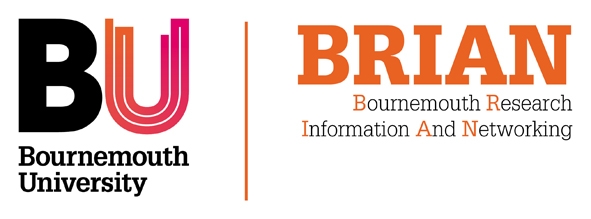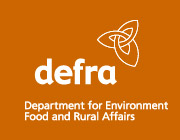 Thank you for all your applications to the Fusion Investment Fund!
Thank you for all your applications to the Fusion Investment Fund!
The committees are meeting in July to decide which proposals will receive funding and Prof. Matthew Bennett will be in touch to relay these decisions to all of our applicants.
I will be posting to the Research Blog details about the proposals that do secure funding. If you do not manage to get funded in this round there will be a further opportunity to apply to the fund again in December when we will open to proposals again. I do hope that you will apply again particularly if this is the first time you have applied for funding.
If you wish to develop your skills then we have a Grants Academy that can help. The Academy recruits members to develop their potential for securing funds internal and external, you should be able to find all the information you need here. The Academy is managed by Caroline o Kane who will also be happy to answer any questions you may have.
Finally thank you for your interest in the Fund!
Sam Furr























 Read and sign up to BU’s Policy Influence Digest
Read and sign up to BU’s Policy Influence Digest Upcoming opportunities for PGRs – collaborate externally
Upcoming opportunities for PGRs – collaborate externally BU involved in new MRF dissemination grant
BU involved in new MRF dissemination grant New COVID-19 publication
New COVID-19 publication MSCA Postdoctoral Fellowships 2024
MSCA Postdoctoral Fellowships 2024 Horizon Europe News – December 2023
Horizon Europe News – December 2023